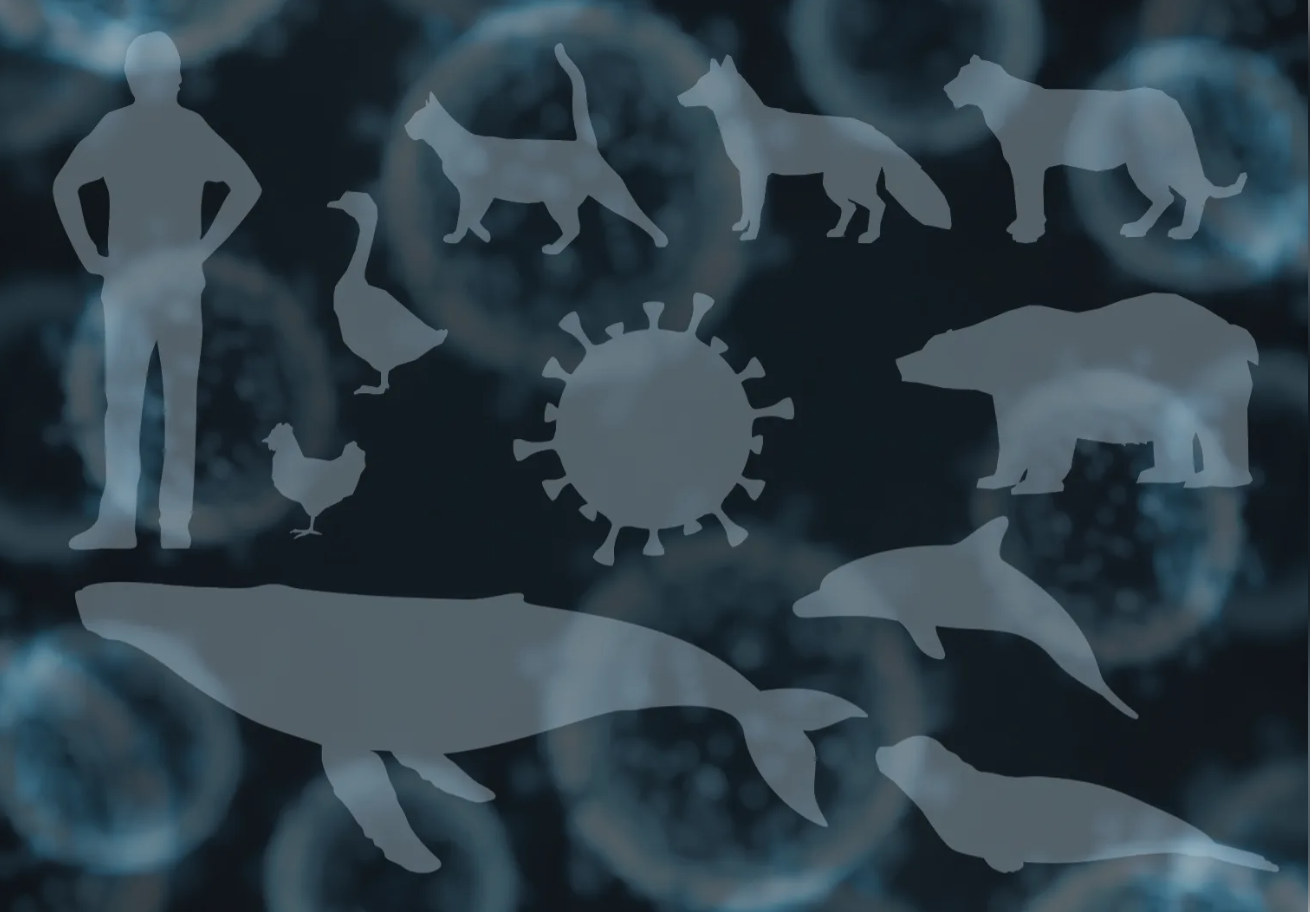By Larry Dendy
University of Georgia
Gale A. Buchanan, dean and director of the University of Georgia
College of Agricultural and Environmental Sciences since 1995,
will step down at the end of this year and will retire from the
university in 2005.
His departure will close out a 40-year education, research and
administration career at two land-grant universities. He will
step down as dean and director on Dec. 31 but will remain on the
faculty through spring semester. His retirement is effective
April 30, 2005.
“Gale Buchanan has served the College of Agricultural and
Environmental Sciences with vigor, determination and a clear
sense of both this state’s proud agricultural heritage and the
future of agricultural education,” said UGA President Michael F.
Adams. “The University of Georgia and the entire state have
benefitted from his leadership. He will be greatly missed.”
Came to UGA in 1986
Buchanan, an agronomist in weed science, joined UGA in 1986 as
associate director of the Georgia Agricultural Experiment
Stations and resident director of the UGA Coastal Plain
Experiment Station in Tifton. He was interim director of the
experiment stations for a year before becoming dean.
On the Auburn University faculty for 20 years, he was dean and
director of the Alabama Agricultural Experiment Station from 1980
until 1985.
Arnett Mace, UGA senior vice president for academic affairs and
provost, said a national search for Buchanan’s successor will
begin soon in order to have a new dean in place by Jan. 1.
“Dean Buchanan has provided excellent leadership with great
sensitivity given the diversity of constituents of the college,”
Mace said. “He is committed to excellence and works extremely
hard to further the missions of the college. We shall miss his
leadership.”
Founded in 1859, the College of Agricultural and Environmental
Sciences is the second-oldest of UGA’s 14 schools and colleges.
The college offers more than 20 areas of study through 11
departments and has three agricultural experiment stations, four
extension educational centers and the Rural Development Center in
Tifton.
The Cooperative Extension Service, which has agents in 157 of
Georgia’s 159 counties and operates the 4-H program, is also part
of the college.
Led the college through many changes
Under Buchanan’s leadership the college created the Center for
Urban Agriculture, Center for Food Safety and Center for
Agriculture Business and Economic Development, the Office of
Environmental Sciences and the National Environmentally Sound
Production Agriculture Laboratory.
Along with the Franklin College of Arts and Sciences and the
Office of the Vice President for Research, the college also
established the Center for Applied Genetic Technologies.
Three of UGA’s 13 eminent scholars funded through the Georgia
Research Alliance are on the CAES faculty. Their expertise
includes cloning and genetic engineering, embryonic stem cell
research and energy balance regulation and growth in plants.
A teaching program was started at the college’s Tifton campus.
Another is slated for the Griffin campus. Buchanan helped create
science programs for high school students and teachers and
domestic and international internship programs for CAES students,
including a congressional internship program that has helped
three students get permanent jobs in congressional offices.
A research farm for Vidalia onions and other vegetables was
started, too, as was a facility for irrigation research. Plans
are under way for an animal and dairy sciences teaching facility.
A modern equine exhibition and research arena was built, and
several college facilities were expanded or renovated.
Buchanan implemented a unified governance structure for the
college, oversaw development of its first strategic plan and
increased its budget.
“I’m exceedingly proud of the many accomplishments that have been
made,” Buchanan said. “It’s been an honor to provide leadership
for the college, even during some tough economic times. We have a
faculty, staff and administration of exceptional quality in the
college, and I’m grateful for the support I’ve received from the
university administration and from all the client groups we
serve.”




